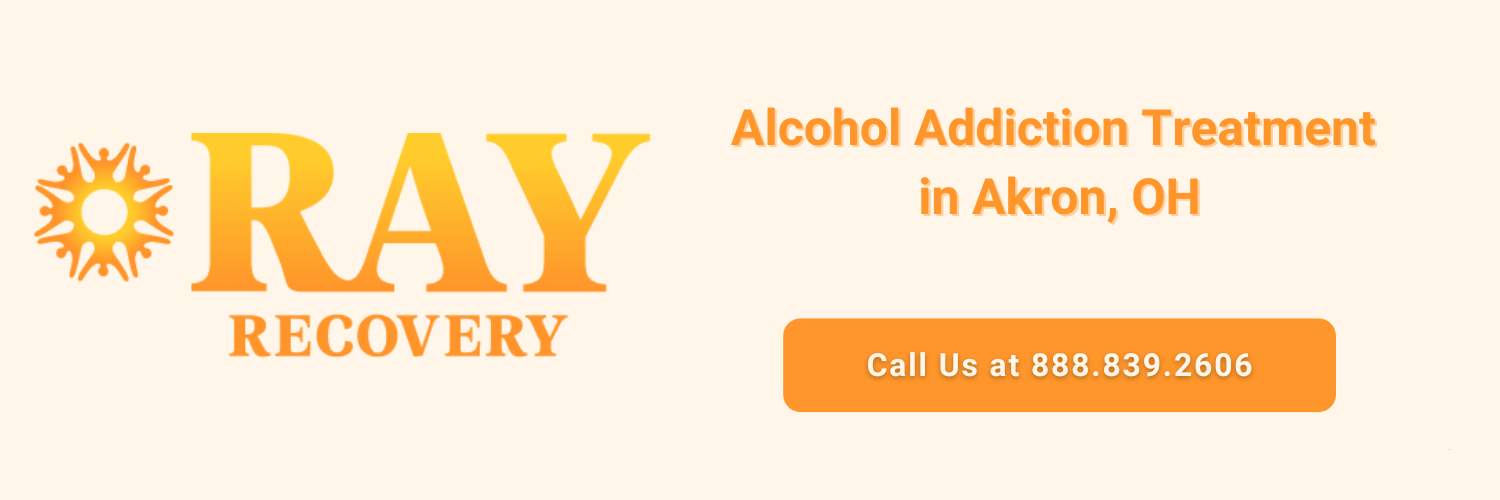The road to sobriety is a lifelong challenge with unexpected twists and turns.
Even with strong support from family and friends, maintaining sobriety is never simple.
Recovery from alcohol use disorder can feel overwhelming to stay on track, especially during significant occasions like the holidays or while on vacation.
Fortunately, there are practical strategies you can use to help navigate these difficult moments and protect your sobriety.
Whether you’re just beginning recovery, starting over from a relapse, or just looking for ways to bolster your sober toolbox, we’re here to help. Even if you find yourself facing temptation, it’s important to remember you can still have fun and find joy while living a life in recovery.
Incorporate some of these tips and take pride in celebrating your sober life — it’s a meaningful achievement worth honoring.

What Is Sobriety?
Sobriety in its most basic context is defined as complete abstinence, not being under the influence of any drugs or alcohol. However, the word is commonly used in many contexts.
According to most 12-step programs like Alcoholics Anonymous (AA), sobriety goes beyond simply refraining from drinking; it encompasses a commitment to recovery and addressing the underlying issues that contribute to the addiction. As defined by AA, sobriety is the state of being clear-headed, normal in emotions, and able to think logically, while also not having ingested any alcoholic drinks.
Still, other definitions acknowledge the necessary process of forming coping skills and routines to promote long-term health and wellness.
One study revealed that on average, two-thirds of individuals treated for an alcohol use disorder (AUD) will relapse within the first six months. While complete abstinence is often the goal, setbacks are a common part of the recovery journey. Many people experience multiple relapses before achieving lasting healing. Even with strong determination, staying sober requires more than willpower alone.
What Is the Best Way To Stay Sober?
There’s no universal approach to staying sober — what works for one person may not work for another. However, the more tools you have for recognizing warning signs and potential triggers, and managing them effectively, the better prepared you’ll be to maintain and fully enjoy your sobriety.
The following section offers seven tips to help you build your best strategy to stay sober, including:
- Know your triggers
- Cultivate new routines and habits
- Build a support system
- Practice a healthy lifestyle
- Be prepared for Post-Acute Withdrawal Syndrome (PAWS)
- Know the signs of relapse
- Celebrate milestones
Sobriety is a journey no one should embark on alone. At Ray Recovery in Akron, OH, we offer personalized, outpatient treatment plans based on your desired level of care.
Ray Recovery is here to be a ray of hope in your recovery journey. If you are looking to begin your recovery journey, reach out today for more information about our alcohol addiction treatment programs.
7 Practical Tips for Staying Sober
#1: Know Your Triggers
Get to know yourself by understanding your internal and external triggers. Evaluate certain people, places, things, and situations that create thoughts or cravings associated with alcohol. Internal triggers, including feelings, thoughts, and emotions, may also lead to thoughts or cravings for alcohol. Being honest with yourself and acknowledging these triggers is imperative to preventing relapse.
Additional common triggers can include:
- Stress
- Environmental cues
- Emotional distress
- Social settings around alcohol
- Relationship problems
- Financial challenges or job-related stress
Once you’ve identified your primary triggers, you can create a plan and set boundaries with yourself and others to reduce or avoid them.
#2: Cultivate New Routines and Habits
Trying to stay sober while sticking to the same old habits, places, and people only increases your chances of relapse. You need to actively create a different environment and develop healthier patterns. Building new routines is crucial for maintaining sobriety.
Some changes will be obvious, like avoiding old friends or acquaintances you used to drink with. Beyond that, reshaping your daily routines may mean changing your route to work or home, to help you avoid triggers that could draw you back to alcohol use.
Focusing on building new routines and making these adjustments early on is vital to supporting your recovery and preventing a return to old behaviors.

#3: Build a Support System
Making new friends can sometimes feel challenging. If you’re finding it especially difficult to find sober friends, consider joining a support group.
Additionally, spending time with friends and family who support your sobriety can also help you maintain a healthier lifestyle and steer clear of situations where you might normally drink.
You might also experience what’s known as “sobriety fatigue“—a sense of exhaustion caused by the mental and physical demands of staying sober. Sobriety fatigue can last anywhere from a few weeks to up to two years. That’s why having a strong support system is especially important during recovery.
#4: Practice a Healthy Lifestyle
Chronic alcohol use can seriously damage both your physical and emotional health. Now that you’re in recovery, it’s essential to prioritize self-care and build the strength needed to maintain your sobriety. Taking care of your well-being is a crucial part of supporting long-term recovery and staying healthy. Practicing a healthy lifestyle may include:
- Engaging in regular physical exercise
- Setting aside time for hobbies and leisure activities
- Eating consistent, nutritious meals
- Prioritizing sufficient, restful sleep
- Incorporating relaxation techniques such as mindfulness meditation and yoga
#5: Be Prepared for Post-Acute Withdrawal Syndrome (PAWS)
Post-acute withdrawal syndrome (PAWS) refers to withdrawal symptoms that continue beyond the initial detox phase. These symptoms are often mood-related and may include:
- Irritability
- Anxiety
- Depression
- Sleep disturbances
- Fatigue
The duration of PAWS varies depending on the type of dependency, lasting anywhere from six months to two years after stopping alcohol use.
If not properly managed, PAWS symptoms can hinder your recovery. Recognizing these signs and knowing when to seek support are key to staying on track.
#6: Know the Signs of Relapse
Relapse can happen gradually or in the blink of an eye and can catch you off guard, especially if you miss the early warning signs.
The initial signs of relapse can begin well before you use alcohol or drugs again and typically unfold in three stages: emotional relapse, mental relapse, and physical relapse.
Warning signs of relapse can include:
- Slipping back into addictive thought patterns
- Acting in compulsive and self-sabotaging ways
- Putting yourself in environments with people who use drugs or alcohol
- Abandoning rational thought and making reckless choices
- Finding yourself in circumstances where using alcohol seems like a justified way to manage emotional pain
#7: Celebrate Milestones
If you’re familiar with AA, then you’re likely familiar with the significance of milestones. Progress is often marked with plastic chips leading up to the one-year milestone, when participants typically receive a bronze coin.
Recognizing and celebrating your recovery journey can boost motivation and reinforce the reasons you chose sobriety. Just be sure your rewards align with your healthy lifestyle habits. Avoid anything involving your triggers and instead choose experiences, activities, or items that support your well-being.

How Do You Help Someone Stay Sober?
If someone you care about is sober, there are many ways you can help them. Whether someone is beginning their recovery journey or has been sober for a while, your support can play a crucial role. By fostering a safe, encouraging environment and promoting healthy habits, you can play a key role in helping them sustain their sobriety. Here are just a few examples of how to help someone stay sober:
- Create a supportive environment by having open and understanding conversations, celebrating their achievements, and providing consistent encouragement.
- Reduce exposure to triggers by removing alcohol from the environment and avoiding circumstances, places, or conversations that may lead to temptation.
- Foster healthy habits by encouraging regular exercise, eating a balanced diet, and pursuing hobbies that bring joy and fulfillment.
- Provide emotional support by actively listening and offering empathy without immediately jumping to problem-solving. Sometimes your loved one may just want to feel supported and understood.
Ray Recovery: Compassionate, Individualized Treatment for Alcohol Addiction in Akron, OH
Recovery and sobriety are about committing to changing your mindset as well as your lifestyle, and like any other significant change, it takes support.
At Ray Recovery, our personalized alcohol treatments are designed to help individuals identify and replace unhealthy behaviors with healthy ones and develop strategies for dealing with the stress and cravings that challenge sobriety.
Our outpatient alcohol rehab treatment centers offer a range of benefits, including:
- Individualized care and treatment plans
- Evidence-based therapeutic resources for recovery
- Holistic approaches to recovery, and
- Aftercare and 12-step programs for continuing the recovery journey after treatment
We are here to help you learn how to handle stressors without relapsing, ensuring you have the tools and motivation to stay sober. Contact Ray Recovery today to get the support you deserve.
The content in this blog is not intended to be a substitute for professional medical advice, diagnosis, or treatment. Always seek the advice of your physician or other qualified health provider with any questions you may have regarding a medical condition.



